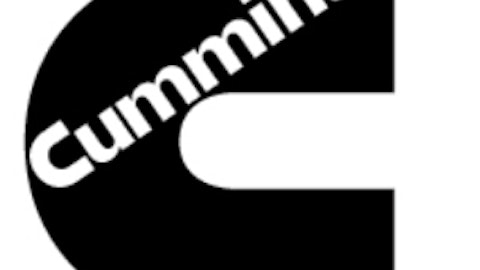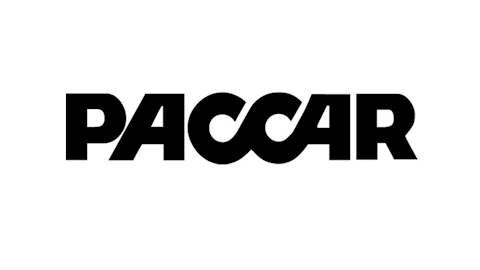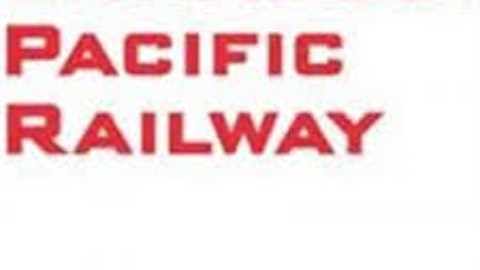
Joint venture with growth in rail group segment
On May 7, Trinity Industries Inc (NYSE:TRN) entered into a joint venture with Napier Park Railcar Lease Fund and its co-investors to form Rail Holdings. In this joint venture, Trinity Industries Inc (NYSE:TRN) will own 31%, while Napier and its investors will have a 69% interest. The joint venture will provide railcar leasing services in North America. RIV will acquire approximately $1 billion of rail cars from Trinity Rail Group and Trinity Industries Inc (NYSE:TRN) leasing company. The joint venture provides opportunities for Trinity Industries Inc (NYSE:TRN) to grow its leasing platform by reducing capital investment, which is required by a growing lease fleet.
Napier and its co-investors also purchased 55% interest in TRIP Rail holdings, reducing Trinity’s holdings from 73% to 45%. These transactions will generate cash of $575 million – $625 million to Trinity Industries Inc (NYSE:TRN) by the end of 2014, with $175 million already received. Trinity Industries Inc (NYSE:TRN) has the modest dividend pay-out ratio of 8.80%, which should increase in the coming quarters.
The company’s rail group segment will show strong performance this year due to increasing orders for railcars. This segment reported revenue of $625 million in the first quarter ended March, representing growth of 33.9% year-over-year. The revenue was driven by railcar deliveries totaling 5,230 units at an average sale price of $120,000. In the future, the company will benefit from its order backlog, as it had 42,265 rail car orders at the end of the first-quarter. The company will deliver 22,000 rail car units this fiscal year. Therefore, revenue from this segment will rise to $2.6 billion this year compared to $2 billion last year.
New product and capital deployment
On May 1, Flowserve Corporation (NYSE:FLS) announced the launch of its new Limitorque UEX electronic control package for L120 series actuators. Actuators are a type of motor for moving or controlling a system operated by a source of energy like electrical current. The new UEX provides customers expanded features and will include liquid crystal displays, or LCDs, that will provide actuator set up by displaying continuous position indications and fault conditions.
The company is expanding worldwide. It won a multi-million dollar contract from M.N Larnaca Desalination in April to provide a complete pump package and energy recovery devices. Additionally, it will have a few other large deals. New product innovation will help the company meet customers’ expectations and will enhance its revenue in the coming quarters. With the help of the new addition to its Limitorque product line, its revenue is expected to rise to $4.91 billion this year and $5.23 billion next year compared to $4.75 billion last year.
On May 23, Flowserve Corporation (NYSE:FLS) announced an increase in quarterly dividend from $0.36 per share to $0.42 per share, indicating growth of 16.7%. The company has a strong history of returning cash to shareholders in the form of share buybacks and dividends. It has paid a quarterly dividend for the past 23 years, increasing the dividend every year. In the first quarter, it announced the share repurchase plan of $750 million. This includes around $193 million of a previously announced buyback of $1 billion. This additional buyback will uplift its share price in the future.





